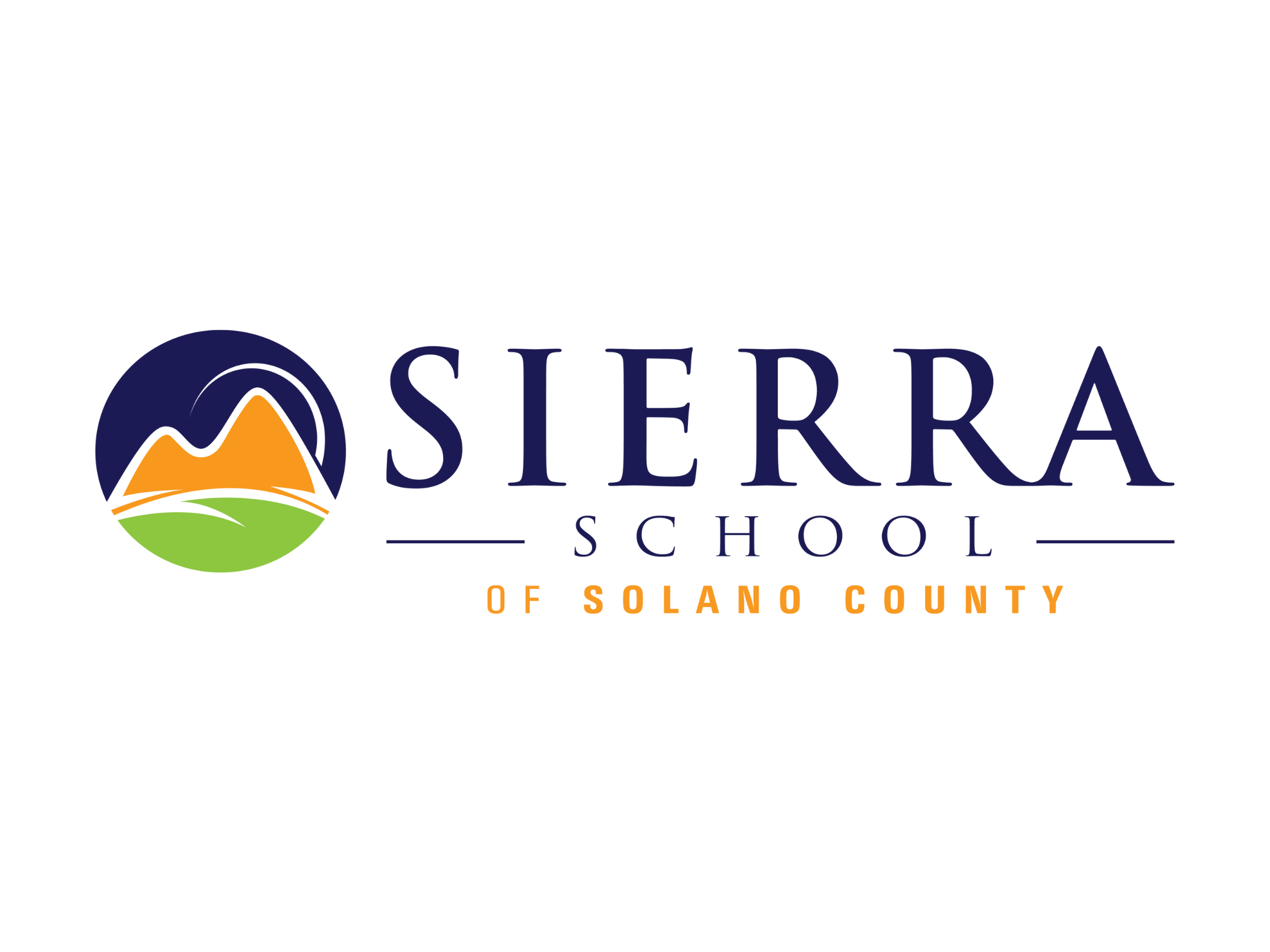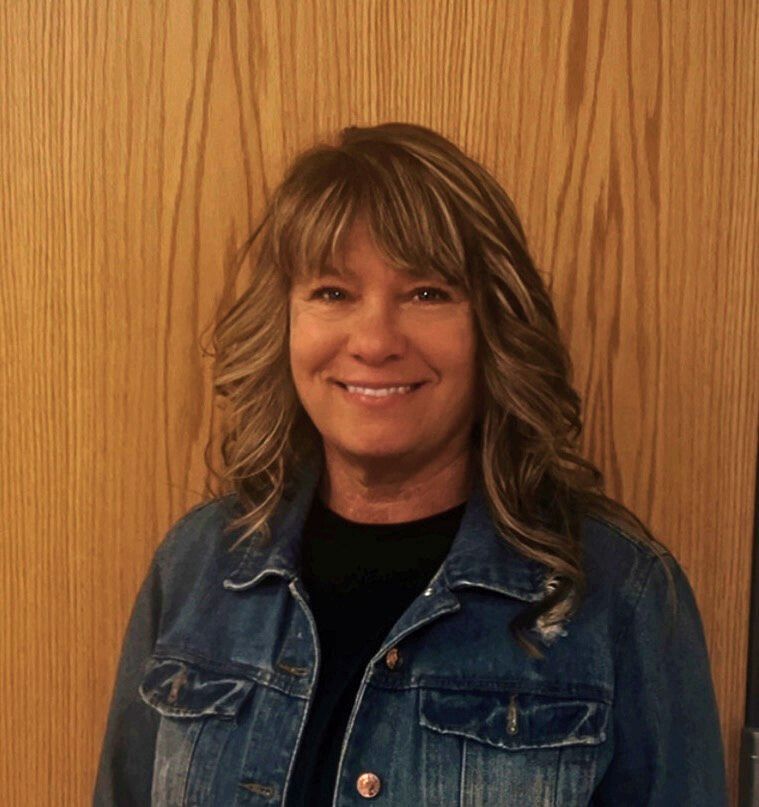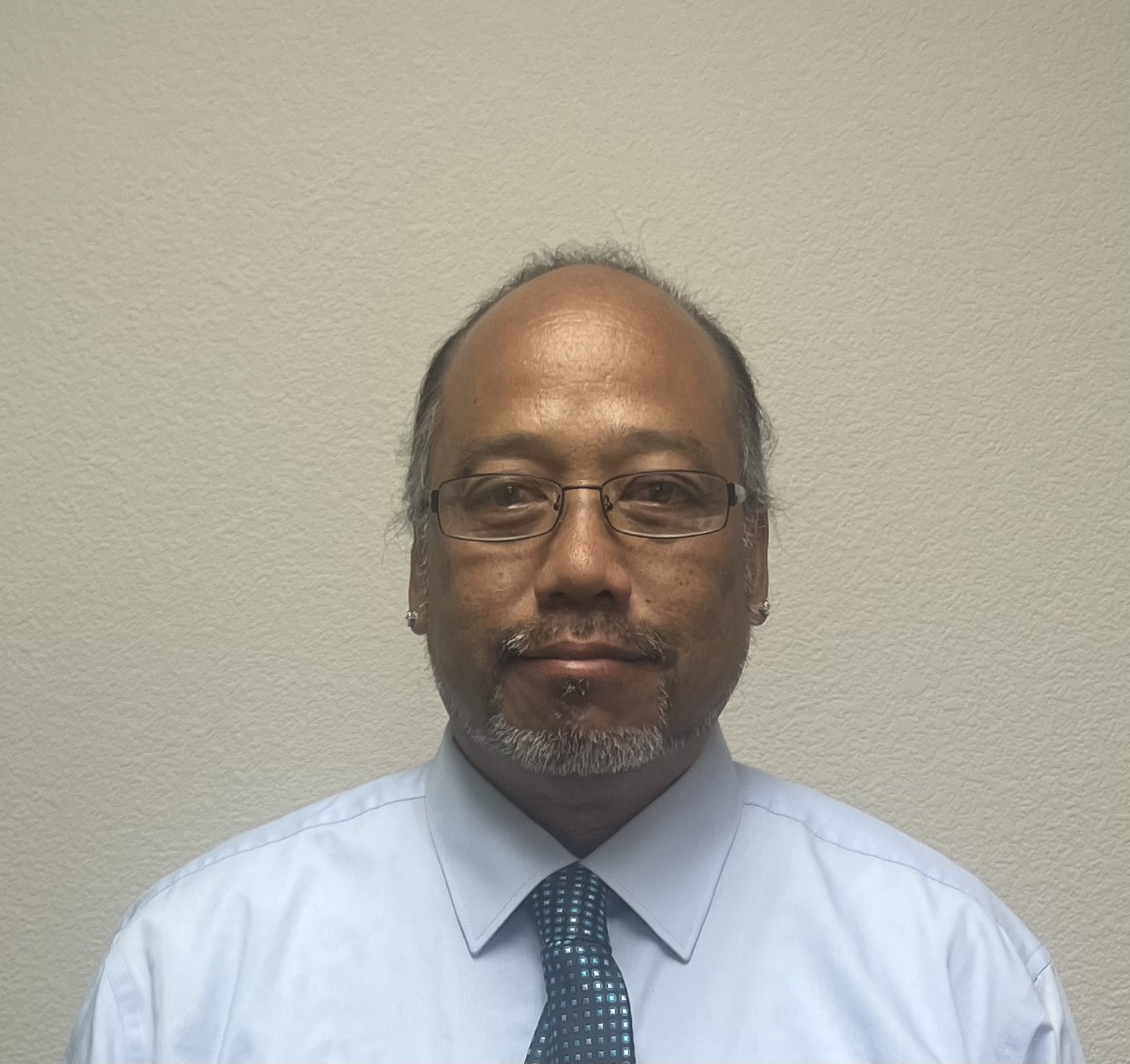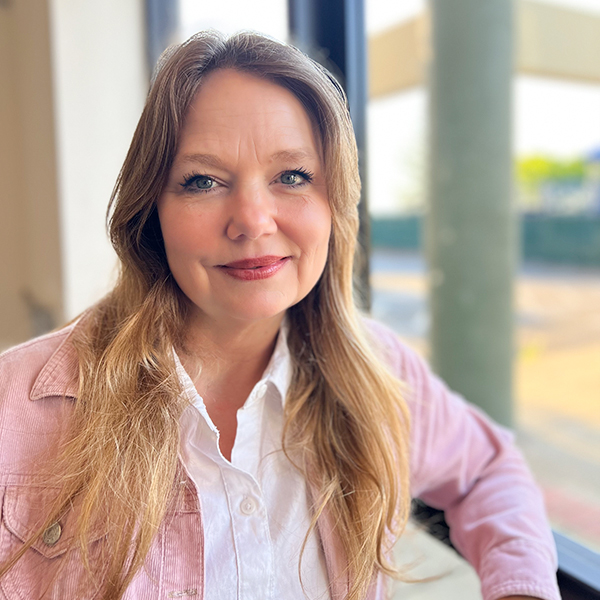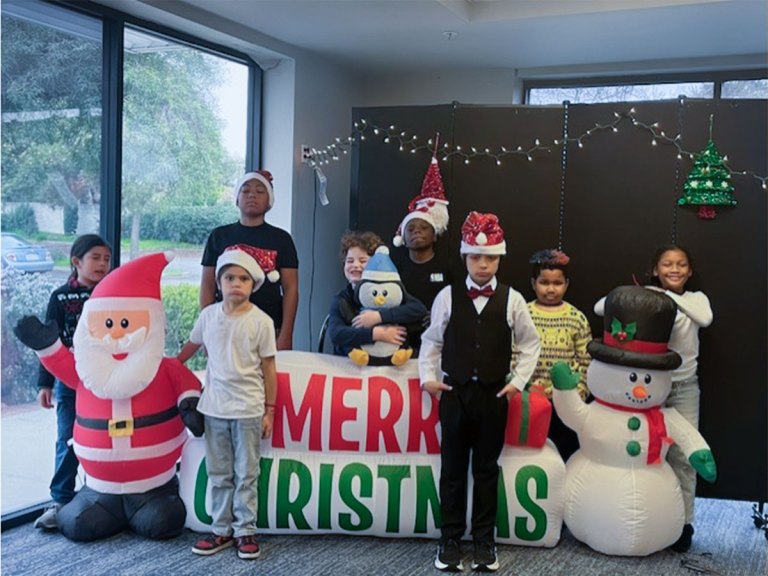Sierra School of Solano County
Designed to nurture your student’s academic, social, and behavioral growth, Sierra School of Solano County provides individualized instruction in smaller, structured classrooms. Our private day school goes beyond what typical classrooms provide, offering an evidence-based approach including a comprehensive range of specialized services and a team of highly-trained educators to help students—and their families—shine.
School Info
Discover What Sets Sierra School of Solano County Apart
Our Learning Pathways
Spark: Academic and Behavior Support
Spark Student ProfilesStudents We Serve
- Students with strong academic potential and behavioral or emotional challenges
- Learners impacted by trauma, adversity, or unstable home environments
- Students navigating school avoidance, anxiety, or juvenile justice involvement
- Those needing support with regulation, peer relationships, and trust-building

Academic and Behavioral Support
We cultivate learning environments where instruction aligns with industry standards and district-specific curriculum requirements and ongoing support encourages prosocial behavior inside and outside the classroom.
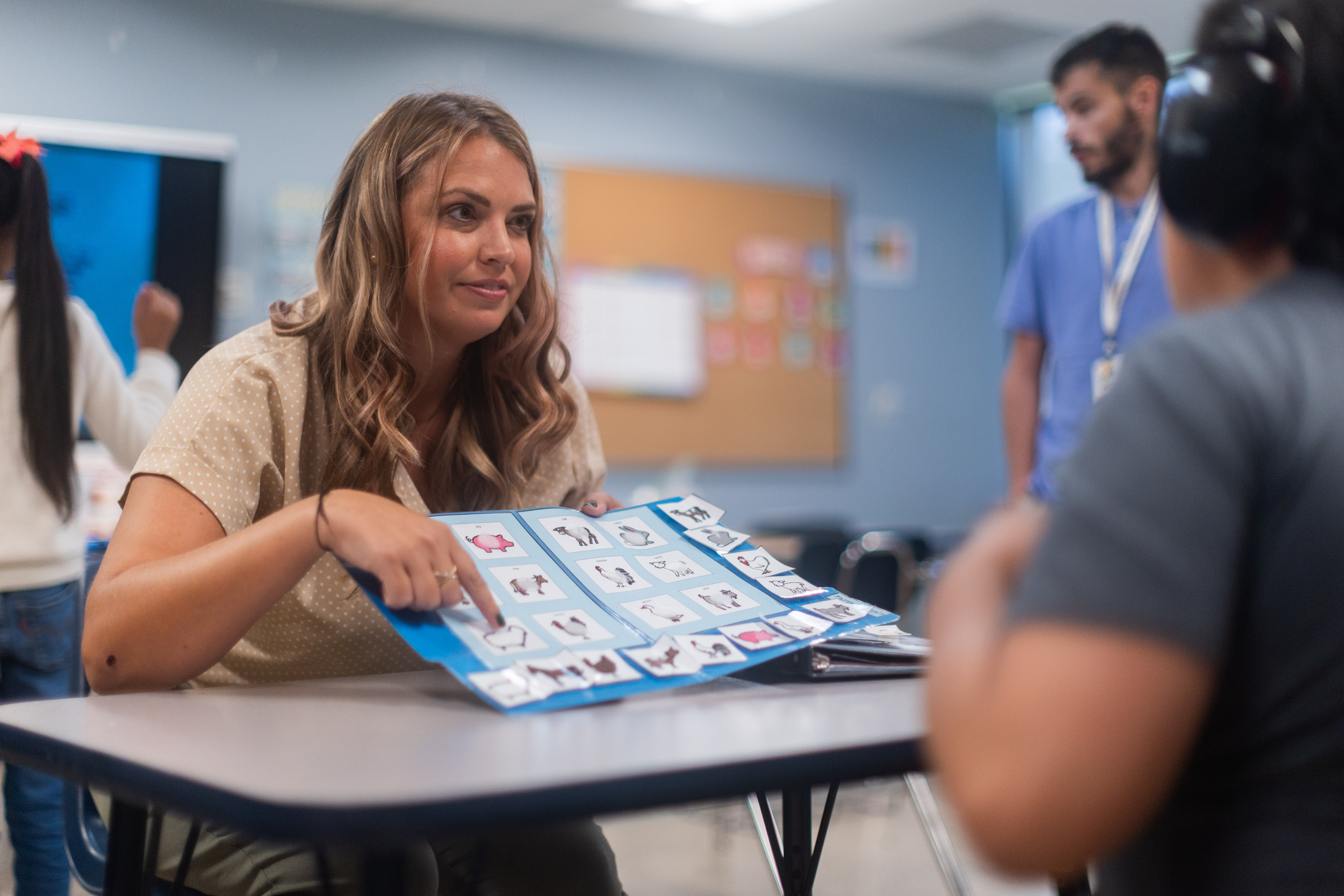
Individualized Student Support
We are passionate about fostering all facets of growth—academic, behavioral, and emotional—ensuring students are nurtured as a whole person and develop the skills they need to achieve rewarding futures.
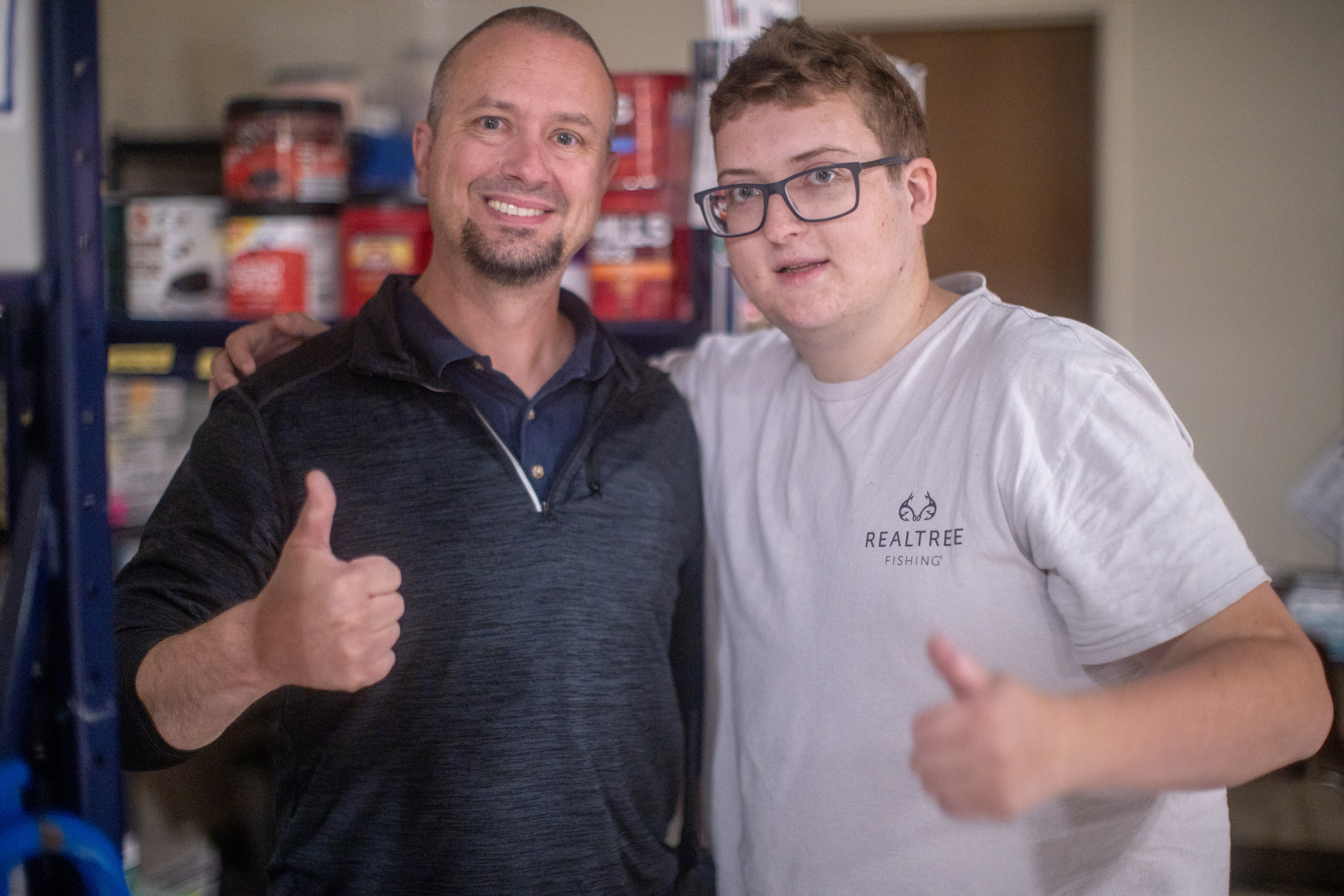
Successful Transitions
Whether students are transitioning to a less restrictive environment, progressing toward graduation, or earning a certificate of completion, we help ensure they receive the individualized guidance and support they need to reach their full potential.
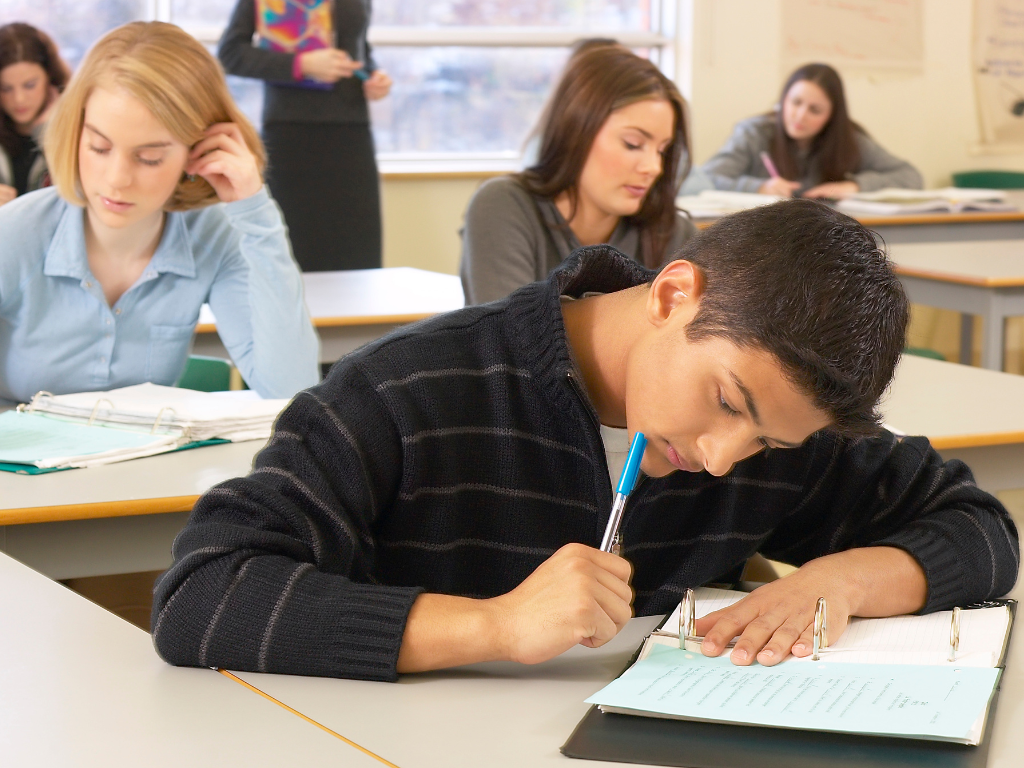
Tailored Programs
We carefully assess unique student needs and then craft personalized programs that allow each student to reach their full potential—academically, socially, and emotionally. Progress is continuously monitored, ensuring key milestones are met and celebrated.
Meet Our Team
With deep experience and dedication to helping all students discover their full potential, our leaders provide an unwavering commitment to supporting our teachers, therapists, and other staff while fostering relationships with families and district partners.
What People Are Saying
Across our schools and programs, we’re proud to partner with families, educators, and district leaders to support student success. Hear firsthand how our collaborative approach, experienced staff, and commitment to individualized education are making a lasting impact in classrooms and communities.
